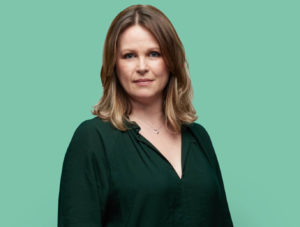What single decision has most defined the product’s success?
Deciding to build out the conversation tracker which captures all inbound and outbound emails on a customer and invoice level has had a huge impact. We’re able to provide complete audit trails to our users while capturing data from which we can derive key insights. We can see what kind of emails generate the most positive responses, which days the email should be sent out, the most effective tone of voice, etc. Then we can pump this information back into the machine to achieve ever better outcomes for our customers.
The benefits appear obvious in hindsight but this was a big gamble at the time. It wasn’t something we could just MVP and hack together. It had to be done properly and that meant a huge investment of time. Thankfully, the decision has been worth its weight in gold and it’s probably the single greatest source of value to us and our customers.
Are there any particular philosophies/methodologies you adhere to when solving problems and building products?
A huge focus for us is being the best at what we do. In order to do that, we need to remain clear on what it is we do and why we do it. When you have a large user base, you’ll always find someone that will use a new feature. We focus on validating demand for new features, and ensuring we are building a product that people want and see the value in as a best in class product. Financial software is a busy market and if we dilute our proposition by creeping into other areas then we’d become vulnerable to larger players.
We’re lucky in that our users are constantly giving feedback and feature suggestions – this is a huge part of what drives our product. Filtering out the bad ideas is easy, but the difficulty is in realising that in aggregation the good ideas may also be bad, as they leave the product cluttered and confused.
In the early days, we also had to overcome the challenge of explaining to potential users the benefit of using a product that solves a specific need exceptionally well, rather than using a catch-all one that does a half job. Credit control is really easy to do badly, and incredibly difficult to do well.
“Filtering out the bad ideas is easy, but the difficulty is in realising that in aggregation the good ideas may also be bad”
The upshot is that we have to spend a lot of time saying “no”. One of my favourite quotes is from Steve Jobs who said “People think focus means saying yes to the thing you’ve got to focus on. But that’s not what it means at all. It means saying no to the hundred other good ideas.”
Would you ever sacrifice the human touch to secure a payment from a debtor?
When a user chooses to use Chaser Collections, it’s because there’s a stand-off between two parties that needs to be resolved. To achieve this we certainly have to be assertive, but there’s an important distinction between assertion and aggression, and we don’t cross that line.
Data can be used to back up pretty much anything so it’s important to us that we don’t get distracted by noise, and remain confident in our product and assessment of the market, and aligned with our values as a company.
I love this quote from Clayton Christensen – “It’s easier to hold to your principles 100 percent of the time than it is to hold to them 98 percent of the time”. Make an exception once, you’ll make it again and again.
We know based on our data that in the vast majority of cases a considerate approach will work. Even for outliers, I still believe that a constructive and understanding attitude will always lead to a better resolution long term.
How much of the collections process can be automated and systemised within the Chaser application, and how much do you have to leave within the hands of your people to make judgement calls?
This is an evolving beast. Right now, the answer is quite a lot – probably 50/50. Our data scientists are consistently building on the insights we have from our data sets so that we’ll be able to automate more and more of the initial contact.
That said, there will probably always be certain situations that require human judgement. We can build empathy into the rules of the machine, but I believe humans will always be able to add something and we never want to trade quality for efficiency. That’s a false economy that will quickly undermine everything we’re trying to achieve.
You’ve mentioned increasing your focus on end customers. What is your strategy for doing so and are there any “magic moments” in the journey that seem to most clearly drive acquisition and retention?
For a start, we’re developing our digital presence. This is a space that’s full of mediocre material but starved of great content. We already have a tonne of quality templates and guides for how to improve your credit control, but there’s a lot more we can add. The key is providing content that people find useful.
The magic moment during our trial is always when they send their first automated chase. After that, they understand the true value of the product, both in terms of getting invoices paid and saving time. That’s the big leap and the point at which we know they’re much more likely than not to become a long term customer, so we’re always thinking of ways to optimise that experience and maximise the number of prospects reaching that moment.




